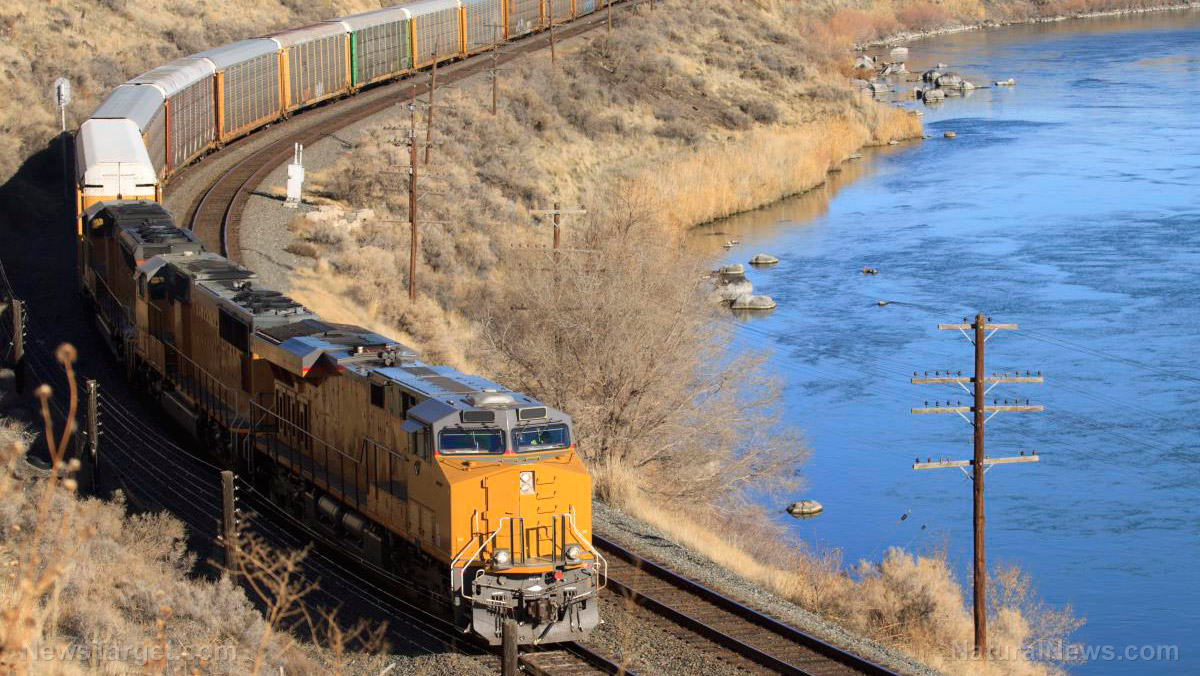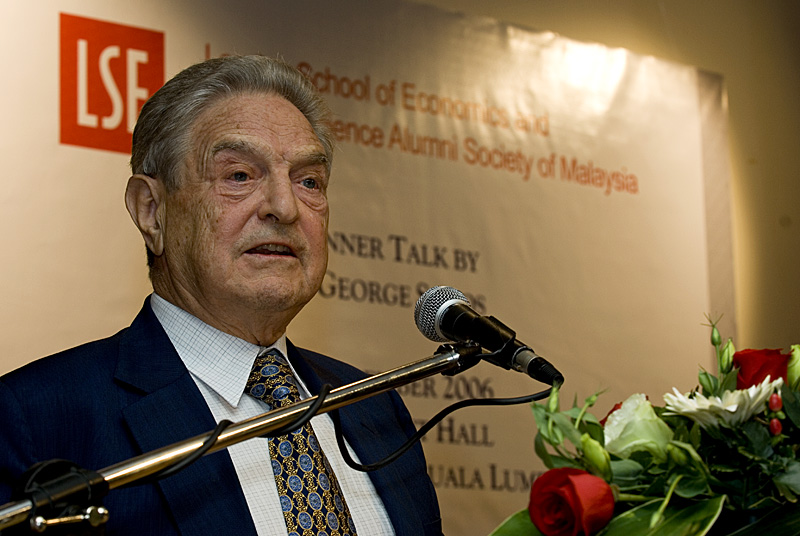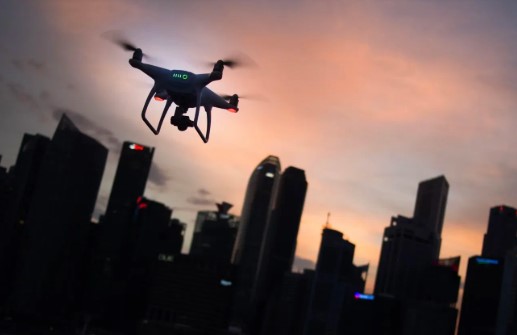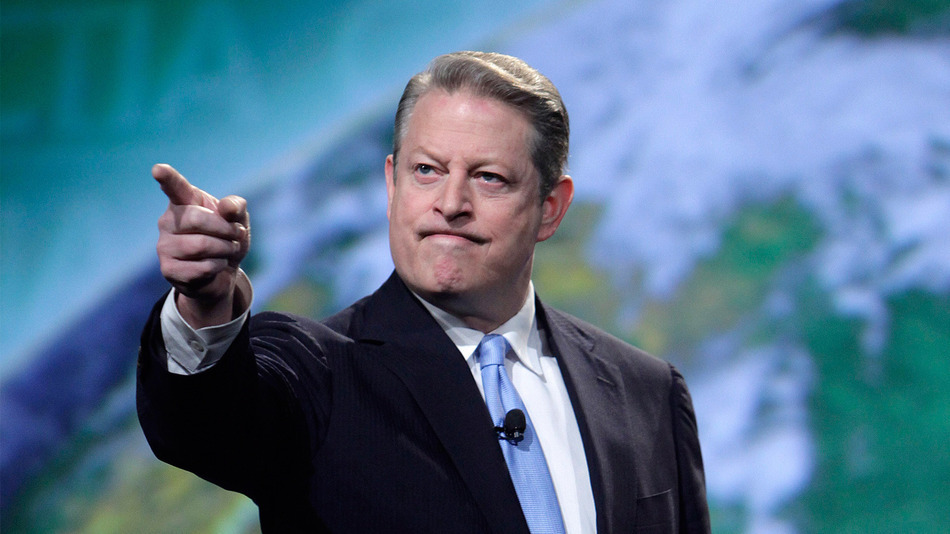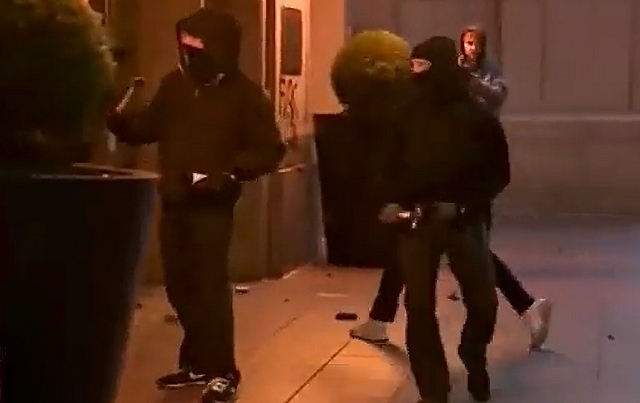Trump’s $100K H-1B visa fee sparks fears of tech exodus and economic slowdown
09/25/2025 / By Belle Carter
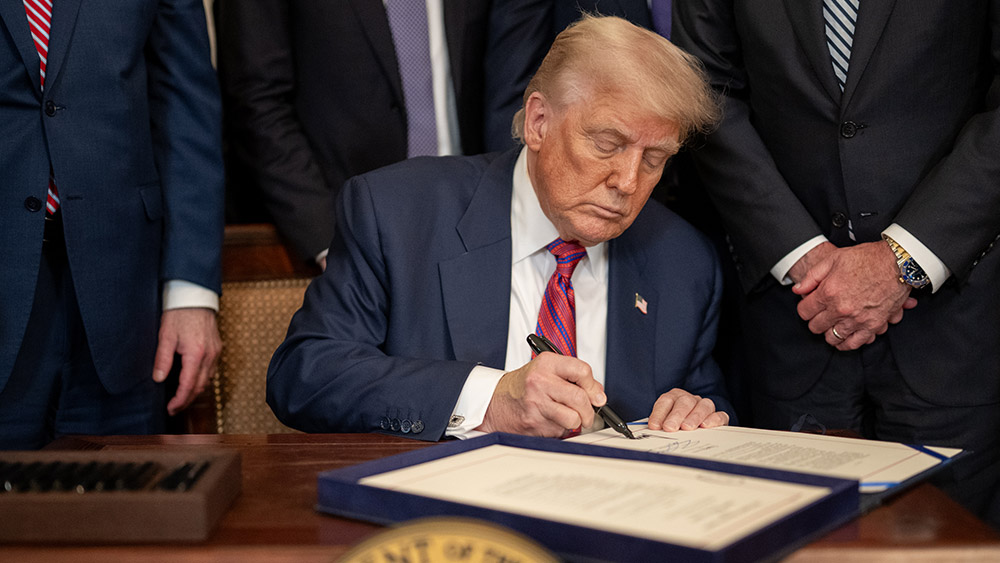
- Trump’s $100,000 H-1B visa fee sparks fears of economic stagnation, with Berenberg Bank cutting U.S. growth forecasts to 1.5 percent, citing labor force shrinkage and productivity reliance.
- While large corporations like Netflix can absorb the cost, startups warn the fee threatens their survival, risking innovation and favoring Big Tech dominance.
- The U.S. risks losing skilled workers to countries like Canada and the U.K., which are lowering visa barriers, while China advances in critical fields like AI.
- Experts warn the policy could accelerate brain drain, harm labor force growth and exacerbate financial instability due to tariffs and policy uncertainty.
- Supporters argue the fee prioritizes high-value jobs, but critics fear it undermines U.S. competitiveness in attracting global talent, risking long-term economic decline.
President Donald Trump’s abrupt introduction of a $100,000 fee for H-1B skilled worker visas has sent shockwaves through the U.S. technology sector, raising concerns about economic stagnation, a potential brain drain and heightened competition with global rivals like Canada and the United Kingdom.
Announced over the weekend, the policy—framed as a measure to prioritize high-value jobs—has drawn sharp criticism from economists and tech executives who warn it could stifle innovation, disproportionately harm startups and push skilled talent abroad. With Silicon Valley already grappling with visa shortages and rising competition for global talent, the move threatens to exacerbate labor shortages in critical industries while fueling fears of a broader economic slowdown.
Investment bank Berenberg slashed its U.S. growth forecast from two to 1.5 percent following the announcement, citing Trump’s “anti-growth policymaking” as a key risk factor. Economist Atakan Bakiskan warned that the policy, combined with existing deportation efforts and restrictions on foreign workers, has nearly flatlined labor force growth.
“With the new H-1B policy, the labor force is more likely to shrink than expand going forward,” Bakiskan said. “The future of economic growth now depends almost exclusively on productivity gains.”
He cautioned that even 1.5 percent growth may soon look optimistic, pointing to “erosion of trust in institutions, a loss of human capital, tariffs and chronic uncertainty” as factors heightening the risk of a financial crisis.
Meanwhile, the U.K. is moving in the opposite direction—reportedly considering cuts to visa fees for skilled workers under Prime Minister Keir Starmer—a move that could lure talent away from the United States.
Tech industry divided: Big corporations vs. startups
The policy has exposed a stark divide in the tech sector. While giants like Netflix—whose co-founder Reed Hastings called the fee “a great solution”—can absorb the cost, startups warn it could devastate their ability to compete.
Selin Kocalar, COO of AI startup Delve, said the fee poses an existential threat to small firms. “As a startup, you’re always tight for cash,” she said. “You can’t go out and spend a bunch of money or have that kind of luxury that you’d see at a bigger company.”
Aizada Marat, CEO of immigration services startup Alma, echoed concerns, stating her firm may stop hiring via H-1Bs altogether. “This will be a disproportionate hit on smaller companies because we cannot compete with OpenAI and Meta,” she said.
With H-1B visas already capped at 85,000 annually, critics argue the fee will further tilt the playing field toward tech behemoths, stifling innovation from emerging firms.
Global talent war heats up
The policy arrives amid intensifying global competition for skilled workers. Brighteon.AI‘s Enoch points out that countries like Canada, Australia, Switzerland and the U.K. are rolling out streamlined visa programs to attract tech talent, while U.S. firms face mounting hurdles. (Related: Trump’s $100,000 H-1B visa fee sparks chaos as Indian workers scramble to return.)
Jihan Merlin, head of immigration strategy at Alma, warned that while the impact may not be immediate, “policy changes like this make people think twice about bringing their companies to the United States.” Over time, she cautioned, this could erode America’s competitive edge—particularly in critical fields like AI, where China is rapidly advancing.
The $100,000 H-1B fee marks a pivotal moment in U.S. immigration policy—one that could reshape the tech landscape, accelerate talent flight and potentially tip the economy toward stagnation. While proponents argue it will prioritize high-value jobs, critics warn it risks undermining America’s innovation pipeline at a time when global rivals are aggressively courting skilled workers. As startups brace for fallout and economists sound recession alarms, the long-term consequences may hinge on whether policymakers can strike a balance between protectionism and the need to remain a magnet for global talent.
Watch the video below that talks about the $100,000 H-1B visa fee as a major immigration reform.
This video is from the newsplusglobe channel on Brighteon.com.
More related stories:
Trump administration tightens student visa rules amid national security concerns.
DOJ’s visa fraud crackdown upends immigration industry, divides firms and U.S. workers.
Sources include:
Submit a correction >>
Tagged Under:
brain drain, Bubble, Collapse, Dangerous, debt collapse, Donald Trump, economic slowdown, H-1B, immigration policy, immigration reform, invasion usa, market crash, migrant, money supply, risk, tech exodus, Tech Industry, Trump, visa fee
This article may contain statements that reflect the opinion of the author
RECENT NEWS & ARTICLES
COPYRIGHT © 2017 COLLAPSE.NEWS
All content posted on this site is protected under Free Speech. Collapse.news is not responsible for content written by contributing authors. The information on this site is provided for educational and entertainment purposes only. It is not intended as a substitute for professional advice of any kind. Collapse.news assumes no responsibility for the use or misuse of this material. All trademarks, registered trademarks and service marks mentioned on this site are the property of their respective owners.




